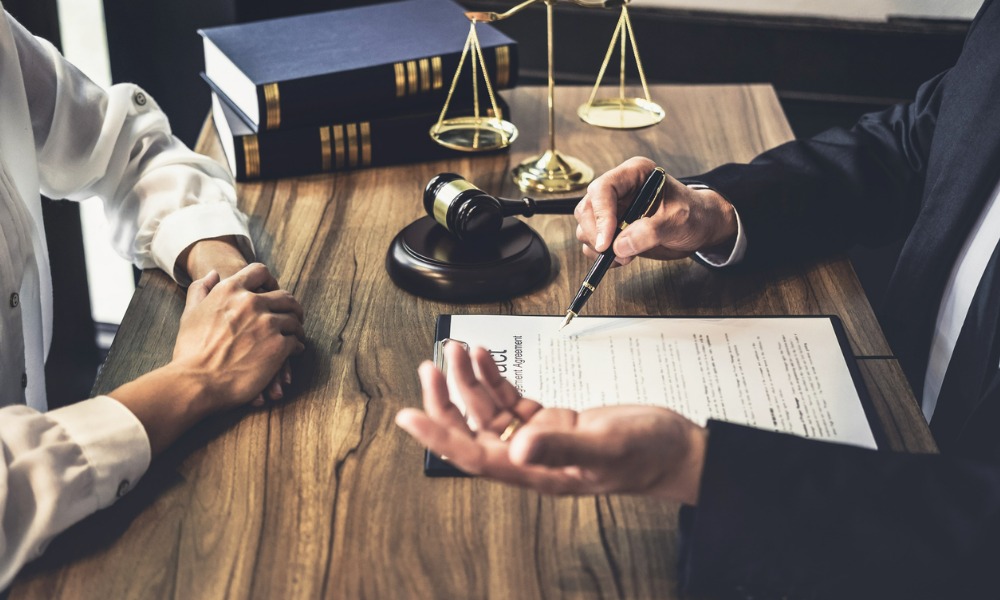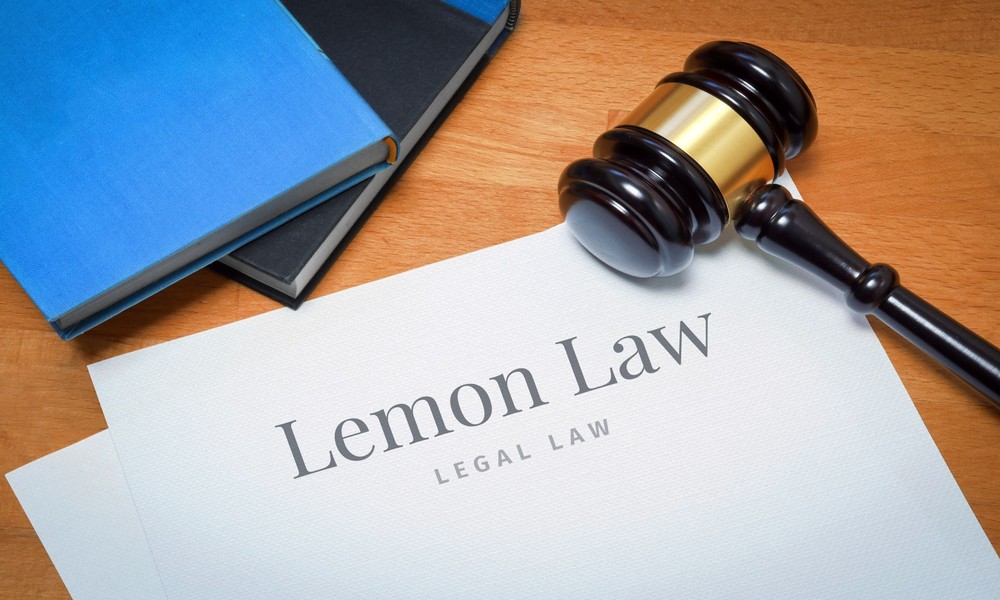When major legal questions sit at the crossroads of strategy, risk, and reputation, companies look beyond their walls for perspective that complements in-house strengths. Outside legal partners bring pattern recognition from handling similar matters across industries, along with the bandwidth to mobilize quickly when stakes are high. This article explains how specialized teams operate, where they add the most value, and how to build a productive, accountable relationship that advances business objectives. You’ll see how collaboration, process discipline, and independent analysis sharpen decisions in litigation, regulatory response, and long-range planning. Firms like Del Sole Cavanaugh Stroyd LLC exemplify the high-level counsel that helps organizations navigate contested issues with confidence. Along the way, we’ll explore how Outside Counsel Services have evolved to be more flexible, data-driven, and aligned with corporate operations.
Why Organizations Rely on Outside Counsel for Specialized Expertise
Companies call on external lawyers when a matter demands rare experience or a deep bench in a narrow legal niche. From antitrust scrutiny and complex commercial disputes to cybersecurity breaches and cross-border transactions, specialized expertise translates into faster issue-spotting and stronger strategy. In practice, that means seasoned practitioners who know how regulators think, how courts have ruled, and which factual patterns tend to move decision-makers. Outside counsel also supplement internal teams when projects surge, offering scalable capacity without long-term fixed costs. This blend of know-how and agility is a core reason many executives view Outside Counsel Services as an extension of their leadership team rather than a transactional vendor.
Where specialized expertise makes an immediate difference
Specialized external lawyers frequently move the needle in matters where timing and framing are decisive. In privacy and data protection, for instance, experts can triage a breach response, coordinate notifications, and engage with authorities in ways that minimize downstream exposure. In mergers, antitrust advisors can flag remedies that preserve deal value while satisfying regulators, reducing the risk of late-stage surprises. In high-stakes trials, trial-focused partners refine the narrative, prepare witnesses, and calibrate jury strategy based on empirical research. The common thread is pattern recognition: the ability to map the unique facts of your case to a library of similar outcomes and select the highest-probability path forward.
Beyond resolving immediate threats, outside counsel help embed durable governance habits that reduce future risk. They convert lessons learned into checklists, playbooks, and training that make internal teams more self-sufficient. They also benchmark your policies against peer practices, highlighting gaps before they become liabilities. With the right cadence and clarity on responsibilities, companies get both a near-term solution and a long-term capability uplift. The result is a smarter legal posture that scales with the organization’s ambitions.
How External Legal Teams Assist With Litigation Strategy and Risk Management
A strong litigation plan integrates law, facts, and business objectives into a coherent roadmap. External litigators typically start with early case assessment: identifying key issues, pressure points, and leverage opportunities that inform budget and strategy. They evaluate forum, judge history, and opposing counsel tendencies, then use those inputs to craft a theory of the case that aligns with reputational and commercial realities. Because they are not embedded in day-to-day operations, they can challenge assumptions, test narratives, and question costly impulses that don’t advance the goal. This disciplined triage helps leadership decide whether to fight, settle, or pursue alternative dispute resolution while keeping options open.
Building a defensible, data-informed litigation approach
Experienced trial teams transform complex fact patterns into a story that resonates with decision-makers. They prioritize discovery that matters, sequencing requests to surface dispositive evidence without exhausting resources. Motion practice becomes surgical: aimed at narrowing issues, excluding unreliable expert testimony, and positioning the case for favorable rulings. On the settlement front, counsel model scenarios with realistic probabilities, stress-testing offers against likely outcomes and total cost of ownership. Leveraging Outside Counsel Services in this way brings tools like jury research, damages modeling, and post-mortems that many in-house departments cannot maintain at full scale.
Another advantage is coordinated risk management that extends beyond the lawsuit itself. Outside lawyers establish litigation holds and evidence preservation protocols that withstand scrutiny, align insurance coverage strategy with defense posture, and communicate with stakeholders without waiving privilege. Importantly, firms with trial-seasoned attorneys—such as Del Sole Cavanaugh Stroyd LLC—know how to maintain pressure while signaling openness to practical resolution, a balance that often improves negotiating leverage. By clarifying milestones, decision gates, and budget guardrails, external teams turn uncertainty into a managed program with measurable outcomes. The payoff is predictability in a domain that often feels unpredictable.
Collaborating With In-House Counsel to Address Regulatory and Compliance Issues
Regulatory challenges demand a partnership model where internal and external teams operate as a coordinated unit. In-house counsel brings institutional knowledge, access to operational data, and a nuanced understanding of risk tolerance. External counsel contributes subject-matter depth, comparative insights from other organizations, and credibility with regulators. Together, they can translate complex rules into practical controls, ensuring compliance frameworks fit the business and not the other way around. The goal is to build programs that prevent issues, detect anomalies early, and respond quickly when the unexpected happens.
Practical frameworks for efficient, accountable collaboration
Clear roles and responsibilities are the foundation of effective collaboration on compliance matters. Many teams use a RACI-style model to specify who leads policy drafting, who validates technical controls, who manages training, and who owns testing and monitoring. External lawyers help pressure-test policies, ensuring definitions, exceptions, and escalation routes are defensible and clear. For cross-border operations, they align global standards with local requirements, documenting the rationale for any variance. In investigations or remediation projects, Outside Counsel Services often manage privileged fact-finding while internal teams handle operational fixes, preserving confidentiality without slowing corrective action.
Sustained success depends on process and tooling. Shared dashboards create visibility into audit findings, remediation status, and regulatory interactions, while standardized templates keep documentation consistent across jurisdictions. Joint tabletop exercises build muscle memory for incident response, clarifying decision points and evidence trails before a crisis hits. Finally, recurring reviews—quarterly or event-driven—enable adjustments as law, technology, and business models evolve. This disciplined cadence helps demonstrate a “culture of compliance,” a factor regulators increasingly consider when assessing penalties or approving settlements.
Improving Decision-Making Through Independent Legal Analysis
Executives make better choices when they can test strategies against neutral analysis that separates facts from preferences. Outside lawyers provide that independence, scrutinizing assumptions and framing choices in terms of risks, probabilities, and downstream impact. The process often involves structured scenario planning: identifying what could happen, what it would cost, and how actionable each path is under real-world constraints. By articulating decision criteria upfront—legal exposure, timing, operational friction, reputational effect—companies avoid chasing options that look attractive but fail on execution. The outcome is a reasoned recommendation that leadership can defend to boards, auditors, and regulators.
Techniques that produce clarity under pressure
Independent advisors employ methods that turn ambiguity into decision-ready insights. They run privileged “red team” reviews to challenge favored strategies, surface hidden weaknesses, and generate alternative approaches. They document pros and cons with clear thresholds for action, then assign likelihoods informed by case law, regulator behavior, and market context. Where data is available, they use quantitative models to estimate ranges of outcomes rather than single-point predictions. When paired with Outside Counsel Services, this toolkit gives executives both analytical rigor and the practical judgment that comes from seeing what has worked elsewhere.
Documentation matters as much as analysis. Decision memos explain rationale, note the facts relied upon, and record dissenting views—materials that can be invaluable in later scrutiny. Boards appreciate this transparency because it demonstrates process integrity and satisfies oversight duties. Companies also benefit from creating a repository of past analyses; over time, these become reference models for faster, more confident choices. For organizations that frequently face high-stakes disputes or investigations, partnering with experienced teams—including those at Del Sole Cavanaugh Stroyd LLC—ensures independent legal analysis remains a repeatable capability rather than a one-off exercise.
The Growing Role of Flexible, Scalable Legal Services in Corporate Operations
Legal needs rarely rise in a straight line; they spike during deals, crises, product launches, and regulatory shifts. That variability has accelerated demand for services that scale up quickly, embed with business teams, and step back down without friction. Flexible staffing models—matter-specific pods, secondments, and curated panels—deliver targeted skills without expanding permanent headcount. Pricing has evolved as well, with portfolios of fixed-fee phases, success metrics, and subscription elements that create cost predictability. For legal departments under constant pressure to do more with less, this operational fit is as valuable as the advice itself.
Use cases that benefit most from scalability
Certain projects map naturally to a flexible model. M&A due diligence requires rapid sprints across multiple disciplines, making it ideal for a blended team that can expand as target complexity grows. Large-scale eDiscovery benefits from variable capacity and specialized technology, with outside teams handling infrastructure and quality control. Regulatory change—think privacy updates or sector-specific rules—often demands coordinated policy revisions, training, and vendor outreach across geographies. In each case, Outside Counsel Services provide both the execution arm and the oversight needed to meet timelines without sacrificing accuracy.
Looking ahead, the most effective models will combine human expertise with technology that amplifies it. Contract analytics, workflow automation, and knowledge systems reduce cycle time while preserving judgment where it matters. Firms that invest in transparent reporting and outcomes-based metrics will stand out, because they align success with the client’s definition of value. As organizations refine their operating models, they increasingly look for partners who can rotate from advisor to builder to operator as needs change. Many turn to seasoned teams, including Del Sole Cavanaugh Stroyd LLC, when they need trial-proven judgment, scalable support, and the ability to translate legal complexity into business-ready action.











